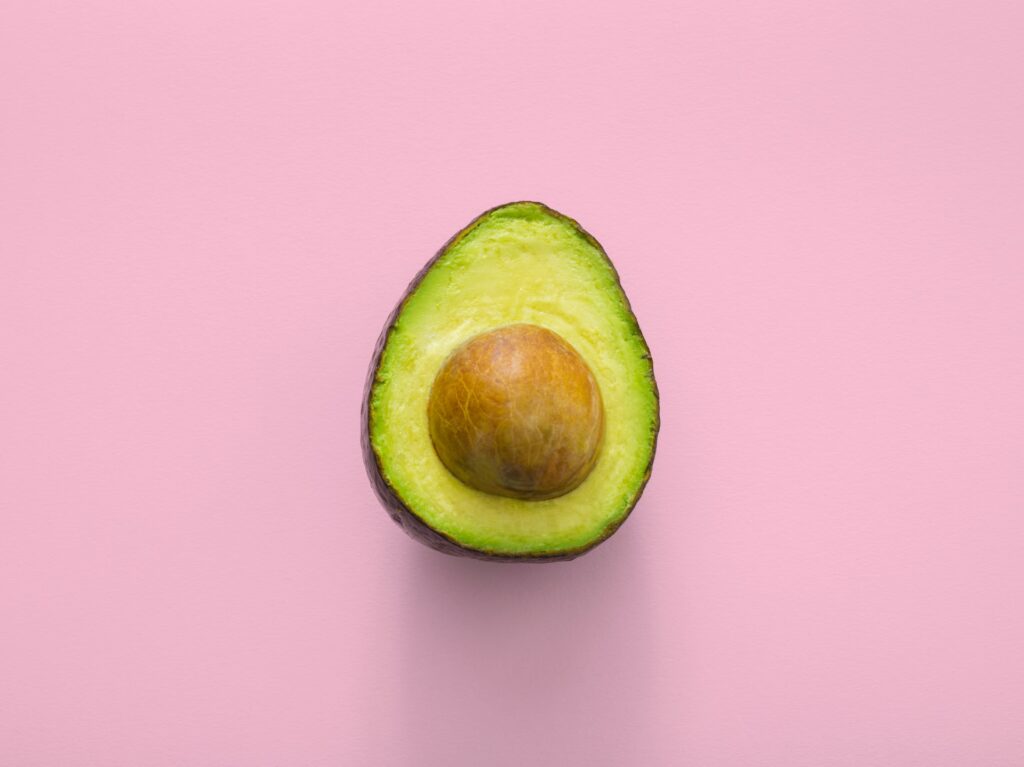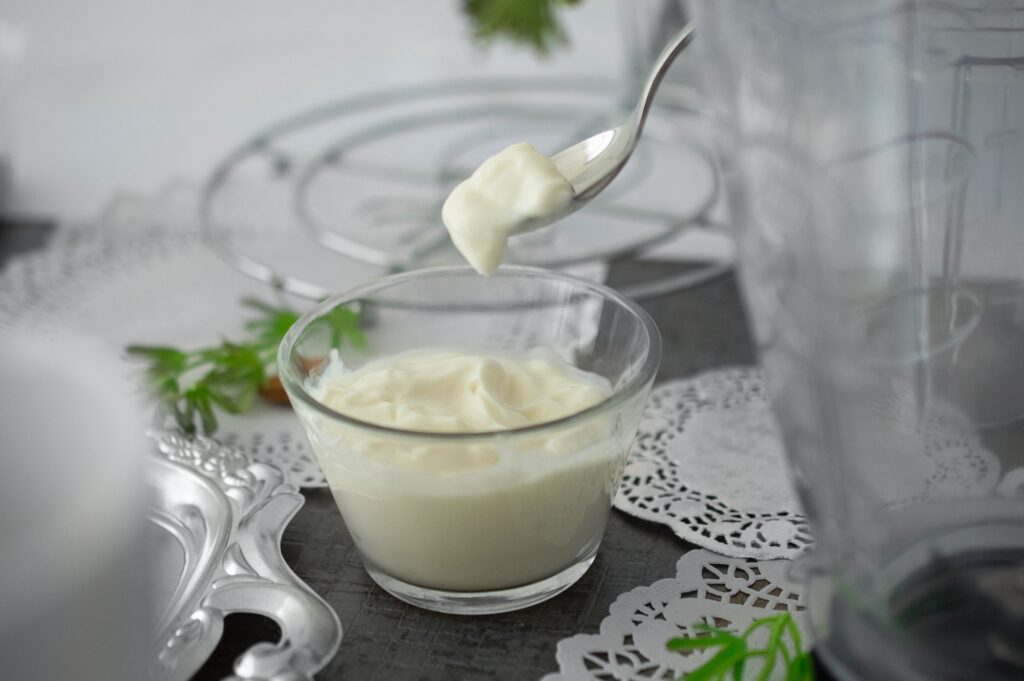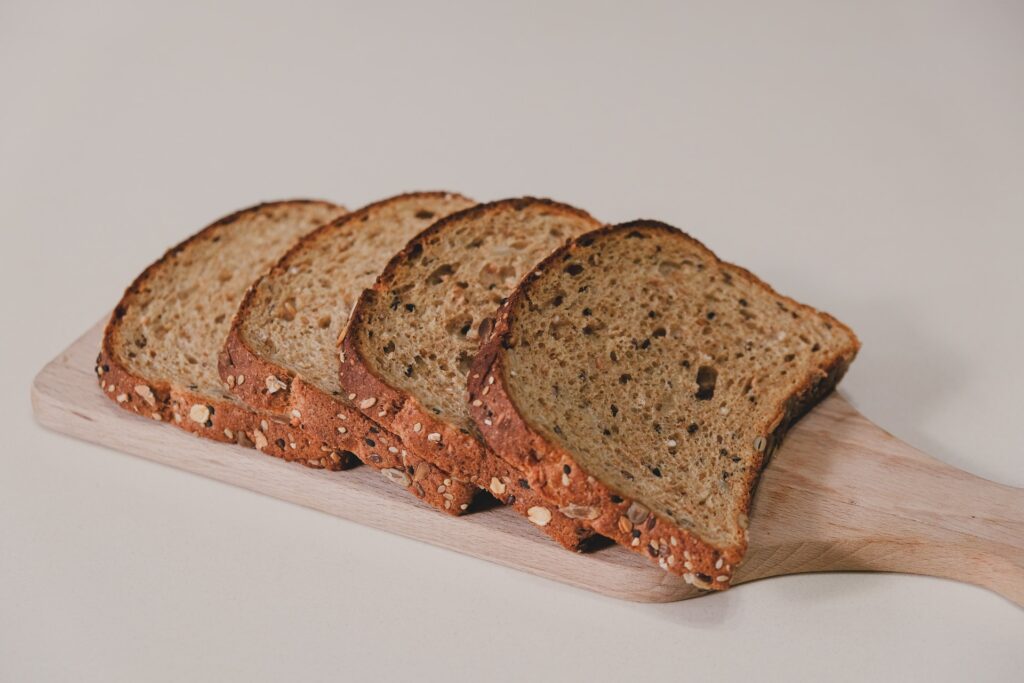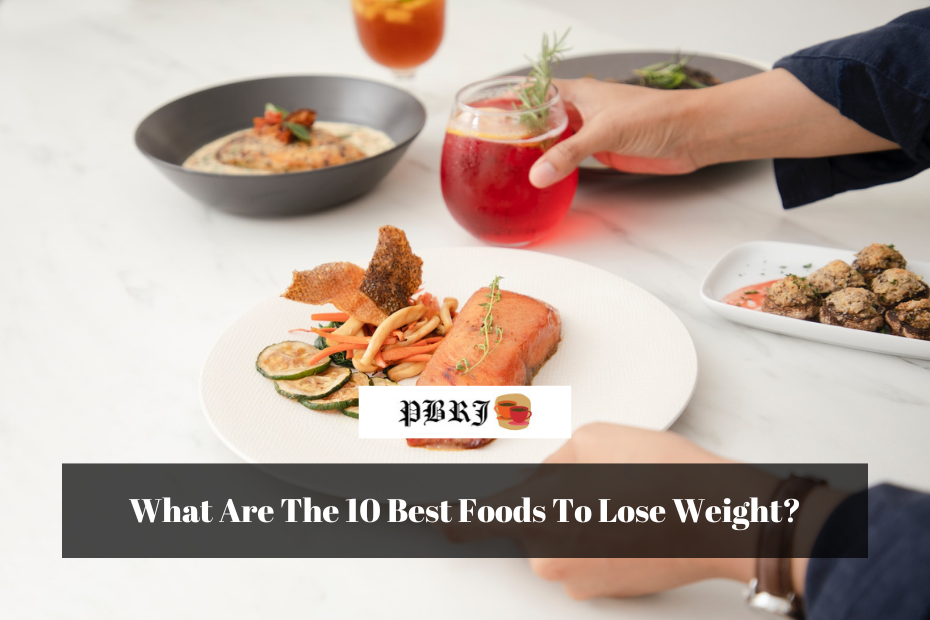You may have discovered, if you have been counting calories in an attempt to lose weight, that this method is not as straightforward as it appears. Why is that the case? N-different nutrients exist. Furthermore, different foods are metabolized differently by the body, which can either facilitate or impede efforts to lose weight.
While no single food can provide a guarantee of weight loss, a healthy diet can supplement weight loss efforts with a diversity of nutritious foods. The majority of these ten foods not only serve as delectable accompaniments to meals and snacking, but also comprise protein, fiber, or both—nutrients that prolong feelings of satiety. By incorporating them into your meals on a regular basis during the week, you can easily optimize your diet.
Although weight loss is not universally applicable and does not guarantee optimal health, it may be a personal preference for some to pursue in an effort to enhance their well-being. Before undertaking any significant changes, it is advisable to seek the advice of a healthcare professional. If achieving weight loss is your goal, the ten foods listed below may contribute to a healthy weight loss regimen.
You may be compelled to reduce your caloric intake while attempting to lose weight, but doing so could be detrimental to your health. Indeed, scholarly investigations suggest that adhering to a diet consisting of fewer than 1,000 calories daily is inadequate in delivering a well-rounded nutritional profile to the body. Moreover, such a diet may even contribute to the development of severe health complications linked to deficiencies in essential vitamins and minerals.
Furthermore, under calorie restriction results in the utilization of muscle and organ tissue for energy production. Additionally, as lean tissue mass decreases, metabolic rate decreases as well, which is detrimental to weight loss.
1. Eggs

Set aside everything you previously learned about eggs and lipids. Recent research indicates that eggs do not exert an adverse impact on cholesterol levels and do not appear to be a cardiovascular hazard. One large egg, which is rich in protein and healthy lipids, including omega-3 fatty acids, is an exceptional source of both. These substances promote satiety without contributing to caloric intake.
Furthermore, under calorie restriction results in the utilization of muscle and organ tissue for energy production. Additionally, as lean tissue mass decreases, metabolic rate decreases as well, which is detrimental to weight loss.
2. Leafy greens
To sustain satiety, additional leafy greens, including kale, spinach, collards, and Swiss chard, are low in calories and carbohydrates and high in fiber. Incorporate leafy greens into your entree to increase your caloric intake without causing weight gain. In addition, verdant greens are rich in nutrient content, including minerals, vitamins, and antioxidants, all of which promote weight loss and provide health benefits.
3. Fatty fish
Oily fish such as herring, mackerel, salmon, and trout are abundant in protein and omega-3 fatty acids, both of which contribute to weight maintenance. Iodine is a vital element for maintaining healthy thyroid function, and it is found in oily fish and the majority of seafood. A thyroid in proper working order regulates the metabolism.
4. Lean meat
It is crucial to consume protein-rich foods in order to lose weight and maintain the loss. Lean beef and poultry breast are protein-rich diets. A high-protein diet increases daily caloric expenditure and decreases cravings for foods that are not conducive to weight loss. Although research suggests that consuming unprocessed red meat does not increase the risk of heart disease or diabetes, the food has gained a negative reputation over time, similar to eggs.
5. Avocados

Avocados are an excellent source of healthful lipids, particularly the monounsaturated oleic acid that constitutes the majority of the fat in olive oil. Moreover, avocados are rich in potassium and fiber, both of which are vital nutrients. If one desires to integrate nutritious lipids into their dietary regimen.
6. Nuts
Beyond being an excellent snack between meals, a handful of almonds are also an excellent source of healthy fats. Pistachios, cashews, walnuts, almonds, and Brazil nuts are the healthiest varieties of nuts. A moderate amount of almonds should be ingested due to their high fat content. Additionally, avoid salted varieties whenever possible.
7. Grapefruit
Despite the fact that the majority of fruits are regarded as nutritious, grapefruit has a direct effect on weight loss, according to research. Consuming half a grapefruit before meals may help to decrease insulin resistance. This may result in increased satiety and decreased caloric intake.
8. Yogurt

A probiotic-containing yogurt can improve digestive functions, thereby protecting against intestinal inflammation, which can lead to weight gain. Yogurt that contains whole fat and live, active cultures is one to consider. Studies suggest that long-term consumption of full-fat dairy products may reduce the risk of developing obesity and type 2 diabetes.
9. Chia seeds
Chia seeds are among the best sources of fiber due to the fact that the majority of their carbohydrates are fiber, despite their high carbohydrate content. By absorbing significant quantities of water and swellin in the intestines, chia seeds aid in weight loss and suppress appetite.
10. Whole grains

While not all grains are considered nutritious, whole grains including quinoa, brown rice, and cereals are high in protein and fiber, which aid in feeling full. Elect to avoid refined grains and exercise prudence when considering processed foods that bear the label “whole grains.” Additionally, cereals are rich in carbohydrates; therefore, those watching their carbohydrate intake should restrict their intake of whole grains.
If one is determined to make dietary adjustments, it is not difficult to identify foods that promote weight loss. A healthy diet, when combined with consistent exercise, can assist in the attainment of nonsurgical weight loss goals. Should you have inquiries regarding the most beneficial nutrients for weight loss.
Conclusion
A well-balanced diet rich in protein and fiber contributes significantly to healthful weight loss (one to two pounds per week). In order to effectively manage your weight while simultaneously providing your body with essential nutrients, incorporate these ten foods into your diet as meals and nibbles in the coming weeks. They are among the simplest and most effective foods to incorporate into your diet.
What are the 5 superfoods for weight loss?
The potent nature of green tea is attributed to its catechin content, which comprises antioxidants that inhibit adipose tissue accumulation in the abdominal region and promote expedited weight reduction. potatoes, legumes, nuts, and citrus.
What 3 foods burn the fattest?
Foods that aid in fat metabolism consist of oily fish, nuts, and eggs. The phrase “fat-burning foods” can refer to substances that induce fat loss through mechanisms such as metabolism stimulation, appetite suppression, or overall reduction in caloric consumption. Every substance increases metabolic rate.
Which fruit burns the fattest?
In addition to being at the top of the list of fruits with the highest fat content, avocados are also the most effective at burning fat.
Read Also:- What are the 10 healthiest foods to eat every day?

